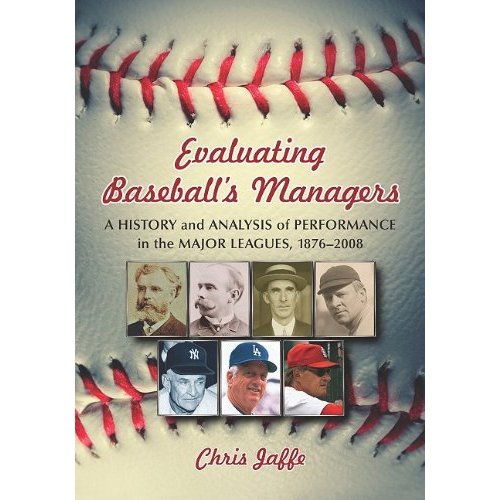Fielder's Home Run Joyride Almost 20 Years Ago
You heard it here first, then.
When the Tigers gather for spring training in about three months---it can't get here fast enough, by the way---it will be 2010 and you can say it.
It'll be 20 years since Cecil Fielder knocked 51 homers out of the confines of American League ballparks on behalf of the Tigers.
Yep---1990. Even the most mathematically challenged can figure out that 2010 minus 20 equals 1990.
Go ahead and use a calculator anyway, if you wish. But you'll get 20 years since Cecil clubbed his way into the history books.
Fifty dingers might not seem like so much nowadays, but no Tiger had hit that many since Hank Greenberg was thrilling the folks at Briggs Stadium in the 1930s and '40s. Hank, in fact, almost hit 60---he clobbered 58 in 1938.
But unlike Greenberg, who was a product of the Tigers' farm, Cecil was an outsider. Actually, he wasn't acquired so much as imported.
The Tigers left the continent and traveled to the Far East to wrangle Fielder away from a Japanese team, also called the Tigers (Hanshin). Big Daddy, as he was called, had fled the country either because he was attracted to sushi or because he couldn't stand playing behind Fred McGriff. Or both.
Fielder was a Toronto Blue Jay but McGriff was dug in deep as the Jays' first baseman. McGriff was about Cecil's age but he was Big Daddy's superior, at least in the Blue Jays' eyes. McGriff swung lefty and maybe that's what hurt the right-handed hitting Fielder.
Anyhow, Cecil played for Hanshin in 1989 and the Detroit Tigers, in need of a first sacker, remembered what Fielder could do from his days in the AL East. So they sent a team of envoys to Japan and the result was that Fielder signed with them in January 1990.
The Tigers' first player from Japan and he was an American. Go figure.
Not much was made of the signing, other than the Tigers had filled a hole at first base. How it would turn out was anyone's guess.
After 14 games, Fielder had three home runs. Not bad; about a 34-homer pace.
Not bad turned into pretty good, and pretty good turned into "This guy's hotter than wasabi!"
Fielder slammed 10 home runs in his next 15 games, including three in, you guessed it, Toronto.
But it wasn't just that Fielder hit home runs. It was how he hit them.

He looked like he was swinging a toothpick, which is what all the big dudes make even 40-ounce bats look like. Fielder was big and muscular and should have been wearing a football helmet, not a batting helmet.
He cocked his bat just before he swung---another staple from the slugger's repertoire. And while he connected with nothing but air a whole bunch of times, pity the poor baseball that he didn't miss.
A Cecil Fielder home run came in three varieties---towering, lasered, and crushed. No one had punished baseballs in Detroit before him, or since. He was the strongest man to wear the Old English D not named Willie Horton or Marcus Thames.
One afternoon, Fielder took Oakland A's pitcher Dave Stewart downtown---downtown Lansing, that is. He drove a baseball over the left field roof at Tiger Stadium, which was by far the harder of the two roofs to clear.
Fielder kept knocking home runs throughout the summer of 1990, and around the All-Star break it was whispered: could Cecil hit 50? He had 28 and there was still about half a season to go.
Damon Runyon must have written the script from the afterlife and sent it down to Detroit, because going into the last game of the season---in New York, no less---Fielder had 49 dingers. If he was going to reach 50, he'd have to do it in Roger Maris-like fashion---in Yankee Stadium on the season's final day.
Manager Sparky Anderson placed Fielder second in the batting order, to give him an extra at-bat if necessary. He didn't need it.
In the fourth inning, with Tony Phillips on base, Fielder jacked a baseball off someone named Steve Adkins deep into the upper deck in left field in the Bronx. Number 50. Then, as if to make sure in case they added wrong, Fielder hit another, in the eighth inning. Number 51.
They usually don't take kindly to Japanese imports in Detroit, but they made an exception in the case of Cecil Fielder.
It'll be 20 years ago, coming up. No Tigers player---Cecil included---has come close to 50 since then.
Big Daddy, to Detroit from Hanshin, Japan via Toronto. Not the shortest route between two points, unlike his home runs. But it worked out.











 Proud Member of DIBS
Proud Member of DIBS
